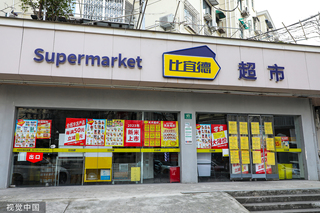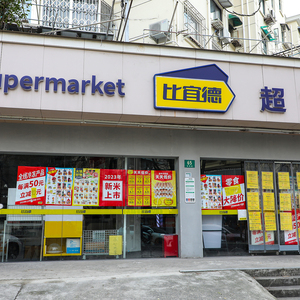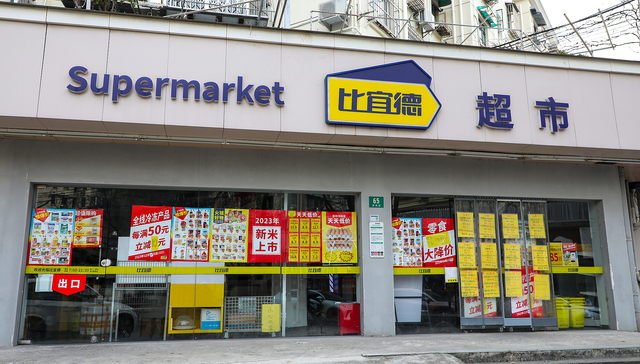By LI Ye, ZHAO Xiaojuan
In China’s retail market today, price is everything. So it’s quite a surprise that discount supermarket Biyide is closing its doors on December 22. On the same day, the chain had even announced a major promotion. December 20 was the day Biyide was supposed to pay suppliers, but many have received nothing.
According to a letter to suppliers from Biyide's parent company, Yirui Trading, the chain has ceased all operations due to long-term losses. Creditors should contact Yirui’s lawyers.
Off to a losing start
Biyide has made a loss since entering the Chinese market in 2016, with only about half of the stores making a profit. In H1, the Biyide board began negotiating the sale of the business, but buyers proved hard to come, and the decision to close was taken suddenly on December 22.

On social media, Biyide employees also posted about the sudden closure of the company, mentioning "unilateral, illegal termination of labor contracts, leaving employees jobless."
In 2021, Biyide received multi-billion financing from Argan Capital, primarily for offline expansion, aiming to open 800 stores by 2025. The best current estimate is that around 60 stores were operating last week.
Bottom feeders united
In the beginning, Biyide's main feature was low prices. Stores were near residential communities with Spartan interior design. Most of the stores' sizes range from 200 to 300 square meters. Low-cost regular grocery items were its primary focus.
Biyide's downfall may reflect changes in the market. Discount retail relies on the supply chain for near-expiry products, also known as the inventory-tail supply chain. Many products come from slow-moving items in major brand ranges, such as new or abandoned flavors.
The ability to acquire these products largely depends on the relationship between merchants and brands or distributors.
Arrival of the warehouse-store
During periods of sustained low consumption, consumers will no longer pay a premium for brands. Instead, they turn their attention to cost-effectiveness, leading to the emergence of local discount retail brands. The emergence of these local discount stores has, to a certain extent, seized Biyide's sources.
In Biyide's Shanghai stores, there are very few fresh products. Furthermore, standard product categories cannot confront local merchants or online channels like Pinduoduo.
The small-store model is a thing of the past. Major retailers such as Yonghui and RT-Mart are now focused on megastores and "warehouse-store integration." Yonghui Supermarket has set up discount areas in its stores, with offers changing every day.
Hippo to the rescue?
If a buyer can be found for 60-odd shabby stores in low-rent neighborhoods, it will most likely be Fresh Hippo Outlet, the on-street version of Alibaba’s Hema Fresh.
Fresh Hippo Outlet stores are around 300 square meters and target people living nearby. The most popular products come from its own brand "Hema NB," which attempts to reproduce popular products of major brands. New Fresh Hippo stores have Hema NB signage.
As a buyer, Biyide's current store size may not suit Hema, which has a large number of fresh products. Hema itself is under profit pressure, and may not want to take over a batch of rundown stores while rebranding its own.





